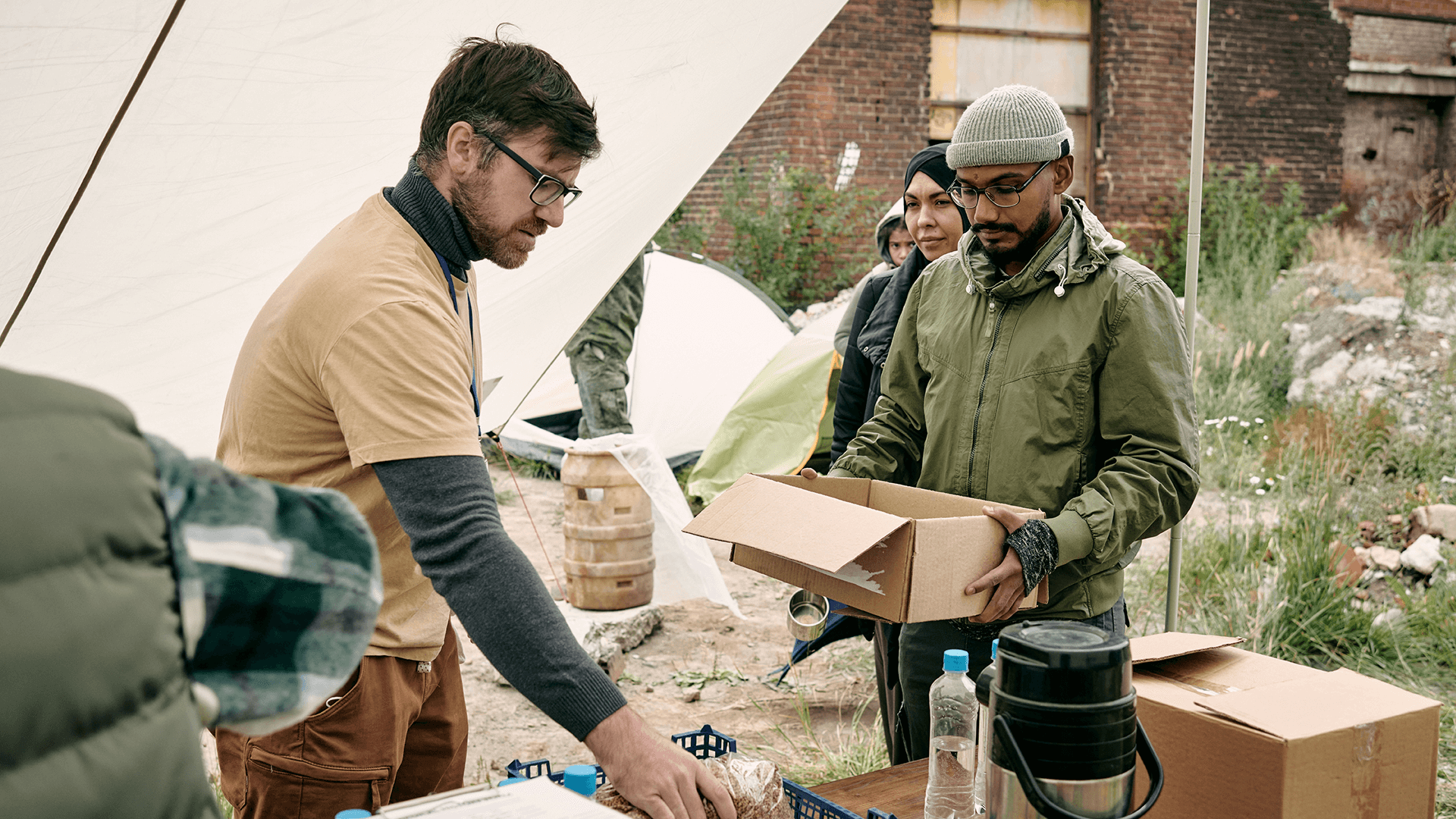giving
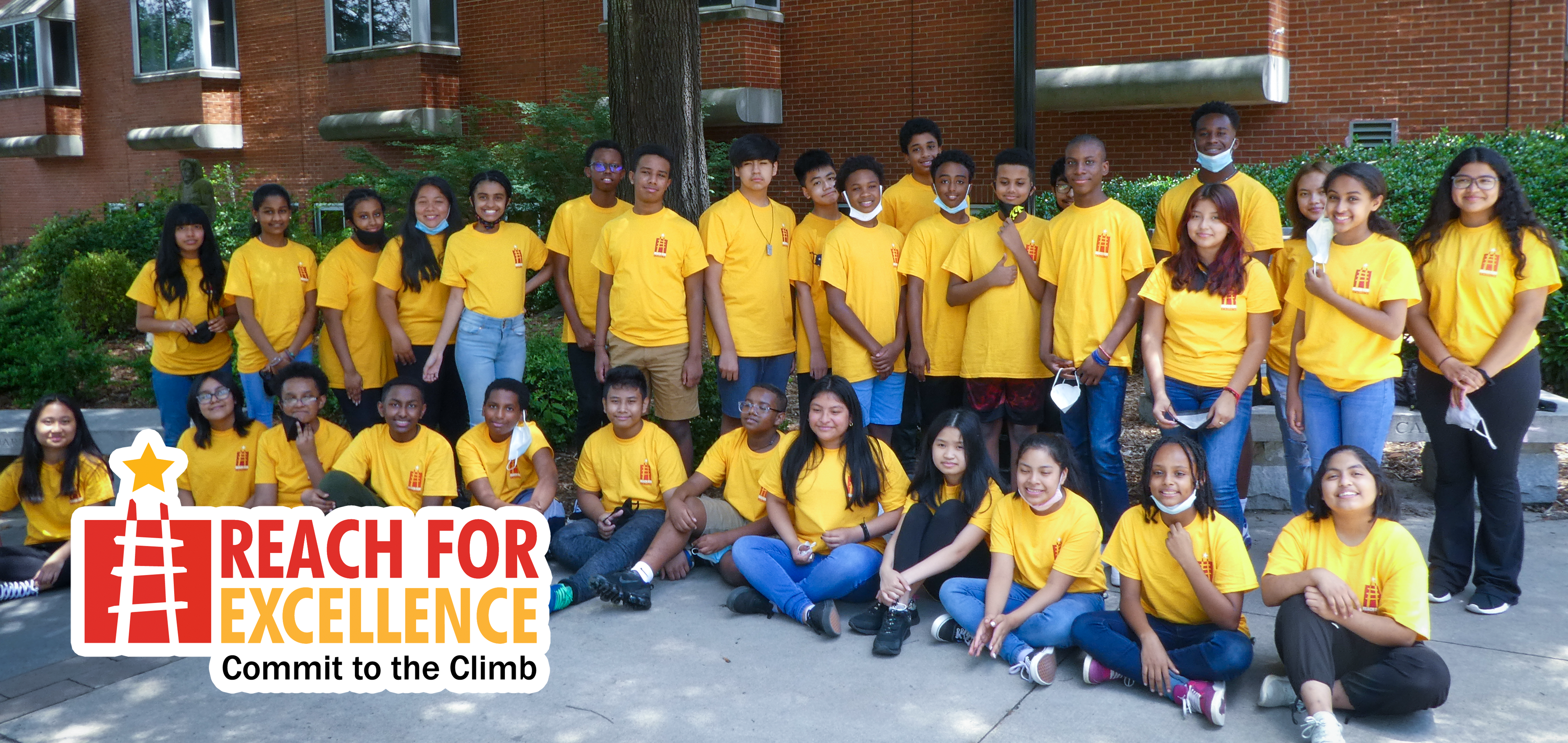
Reach for Excellence
Yardi is committed to supporting the community in every city where our offices are housed. Each year, the company distributes philanthropic aid to organizations selected by its employees.. Get to know Reach for Excellence, an Atlanta-based nonprofit that serves middle-school children through educational enrichment. Founded in 2001, the mission of Reach for Excellence is to […]
01 / 19 / 23
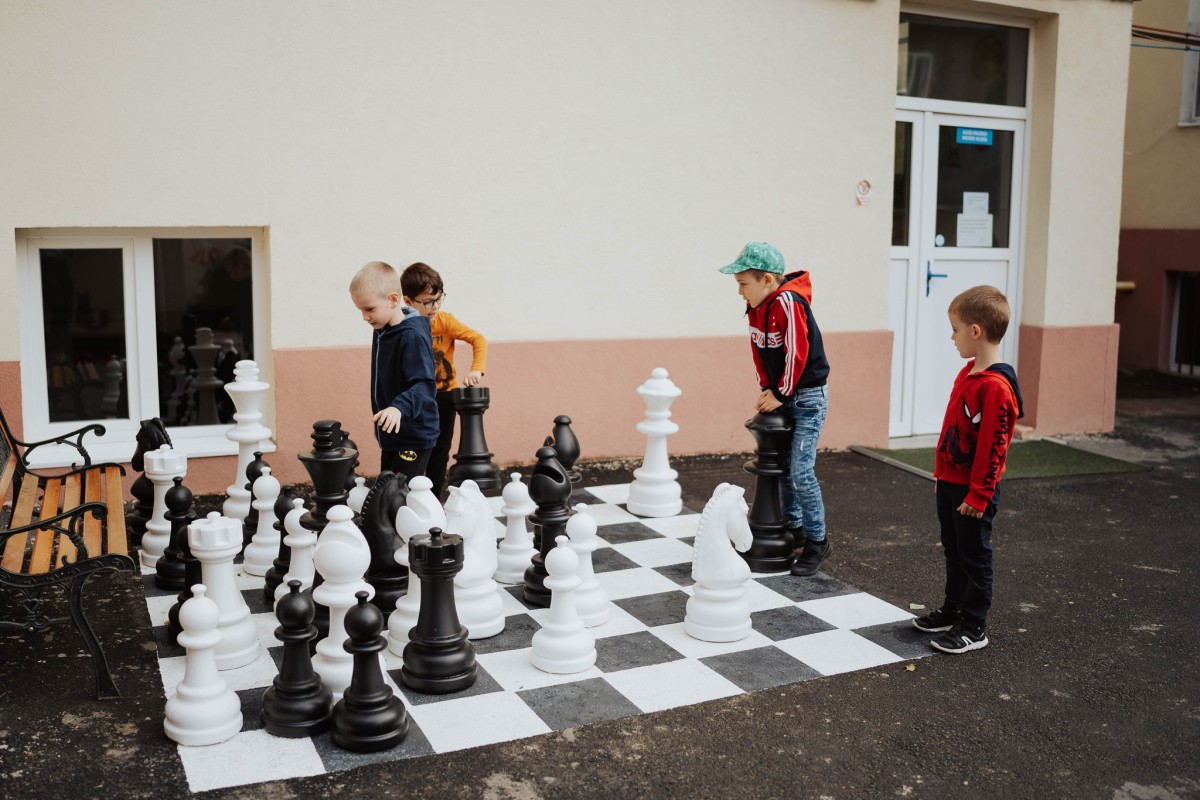
Educalise Association
Yardi is committed to supporting the community in every city where our offices are housed. Each year, the company distributes philanthropic aid to organizations selected by its employees. In 2021, Yardi offices supported more than 350 nonprofits worldwide. For the remainder of the year, we will be bringing you the stories of those organizations and […]

Making a Difference
‘Tis the season for sharing and caring. Giving Tuesday is a terrific opportunity to share the giving spirit of the holidays. By supporting causes that are close to our hearts, we can amplify their message and their impact on our communities. In honor of Giving Tuesday, we are recapping a few nonprofit features of 2021. […]
11 / 30 / 21
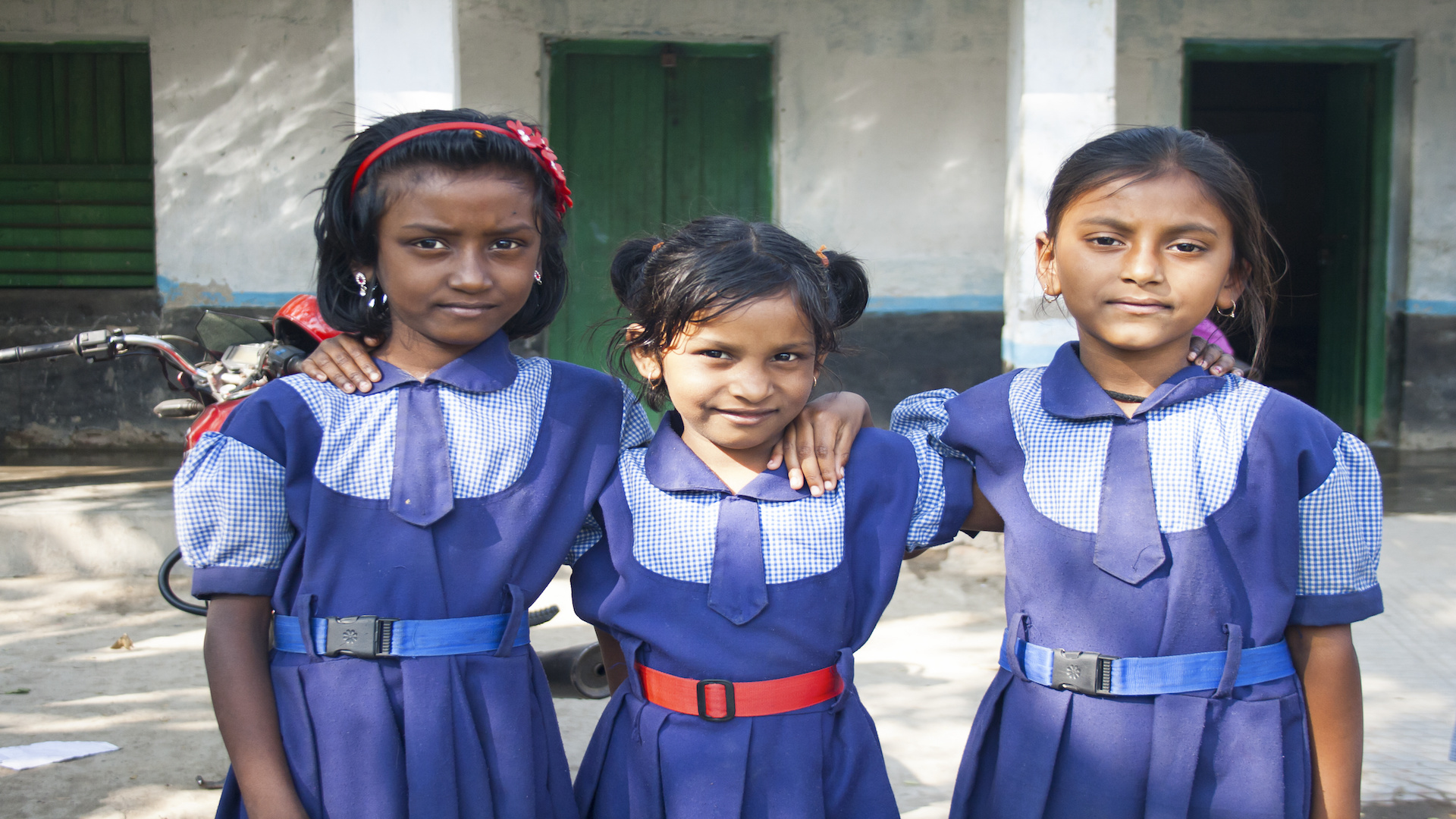
Opportunity Equity
Investing in the wellbeing of girls and women is among the best choices that a country can make. According to the United States Agency for International Development, when 10 percent more girls go to school, a country’s GDP increases on average by 3 percent. Additionally, countries where women hold at least 30 percent of political […]
05 / 03 / 21

Success Starts at Home
The framework for learning starts before a student ever sits down at a desk. Stability in the family, a safe home and nutritious meals are the building blocks for learning. In Irving, Texas children battle the odds and graduate without all of the blocks. Irving Schools Foundation is helping them to succeed. Speaking for children […]
04 / 19 / 21

Dynamic Compassion
What do you do you’re the director of a school foundation and, suddenly, there is no school? You find yourself rapidly organizing to get meals and social services to kids in need. When schools open with remote learning, you pivot once again to get educational supplies and technology to families—even when there isn’t a one-to-one […]
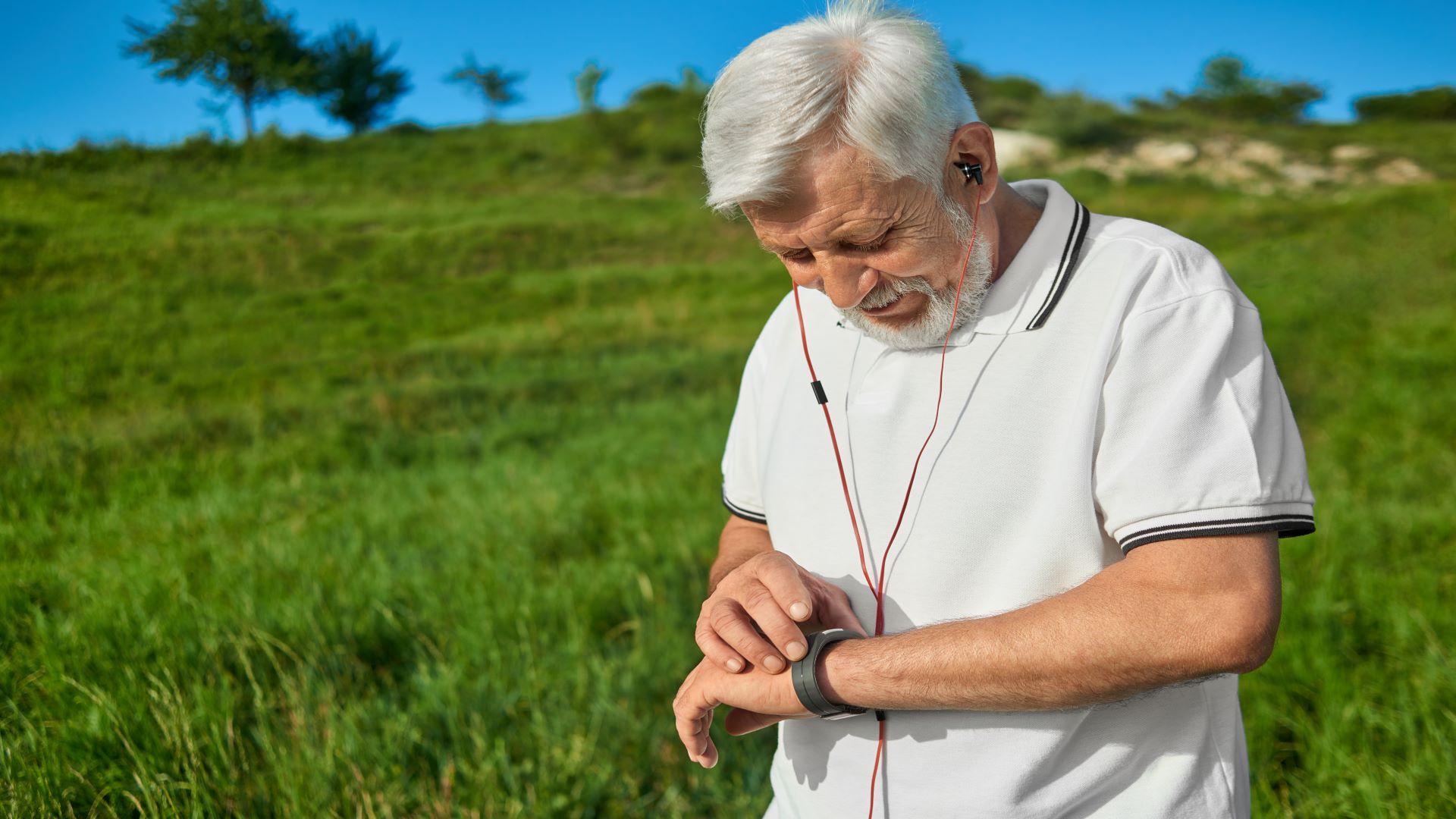
Live Yes!
When you live in chronic pain, saying “yes” to events and activities is a difficult choice. For people living with arthritis, it can be a constant struggle to stay fit, social, and optimistic when discomfort impacts your every move. Fortunately, there is the Arthritis Foundation. The Atlanta-based nonprofit helps people living with one of 100 […]
07 / 21 / 20
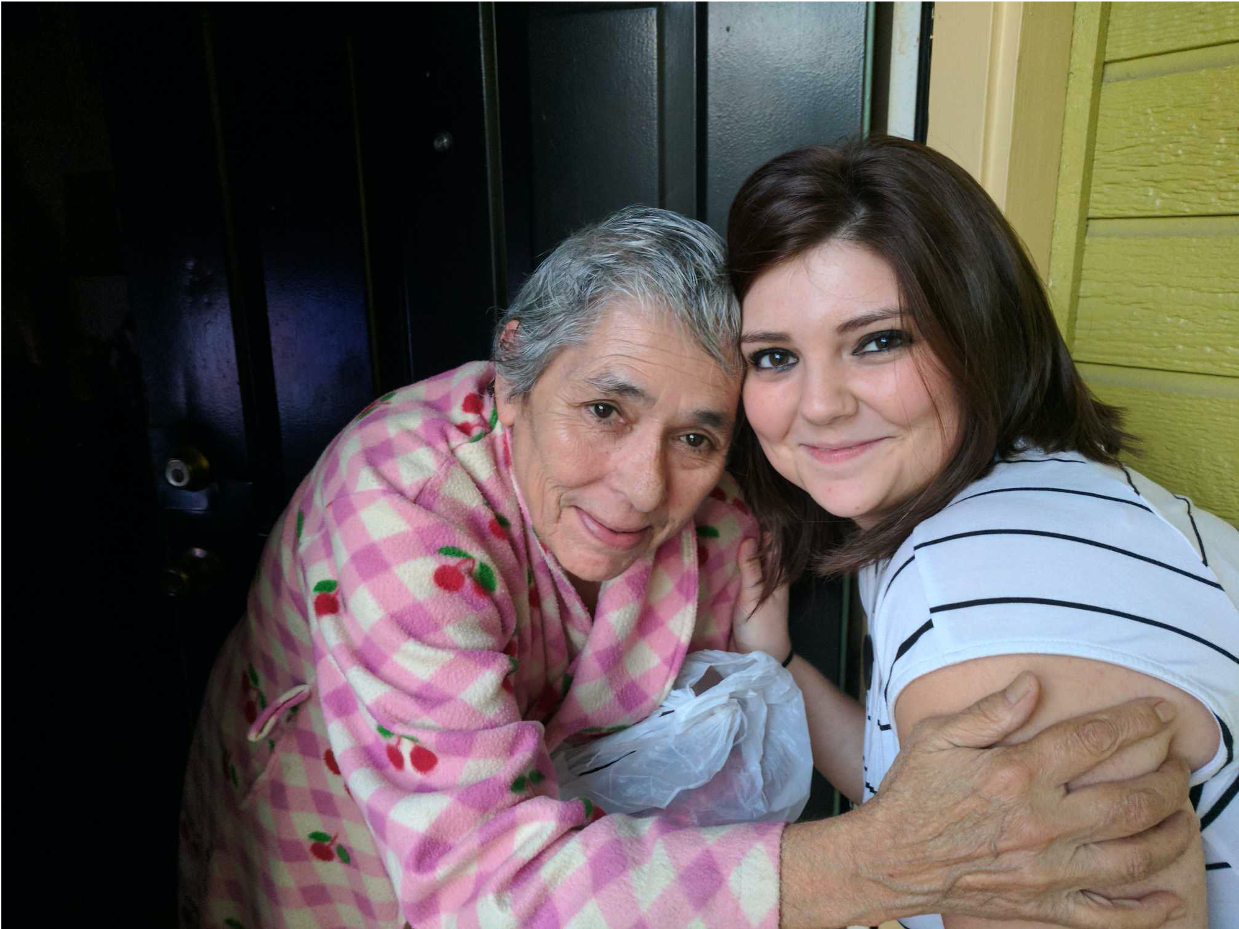
Creating Comunidad
Even before the COVID-19 pandemic, Antonio Marquez’ Comunidad Partners’ properties in Sunbelt markets throughout the U.S. were standouts in the affordable housing sector. Not only did they offer safe and affordable residences for families, but residents of the portfolio’s approximately 10,000 units could take advantage of after school programs, health and wellness classes, financial literacy […]
06 / 28 / 20
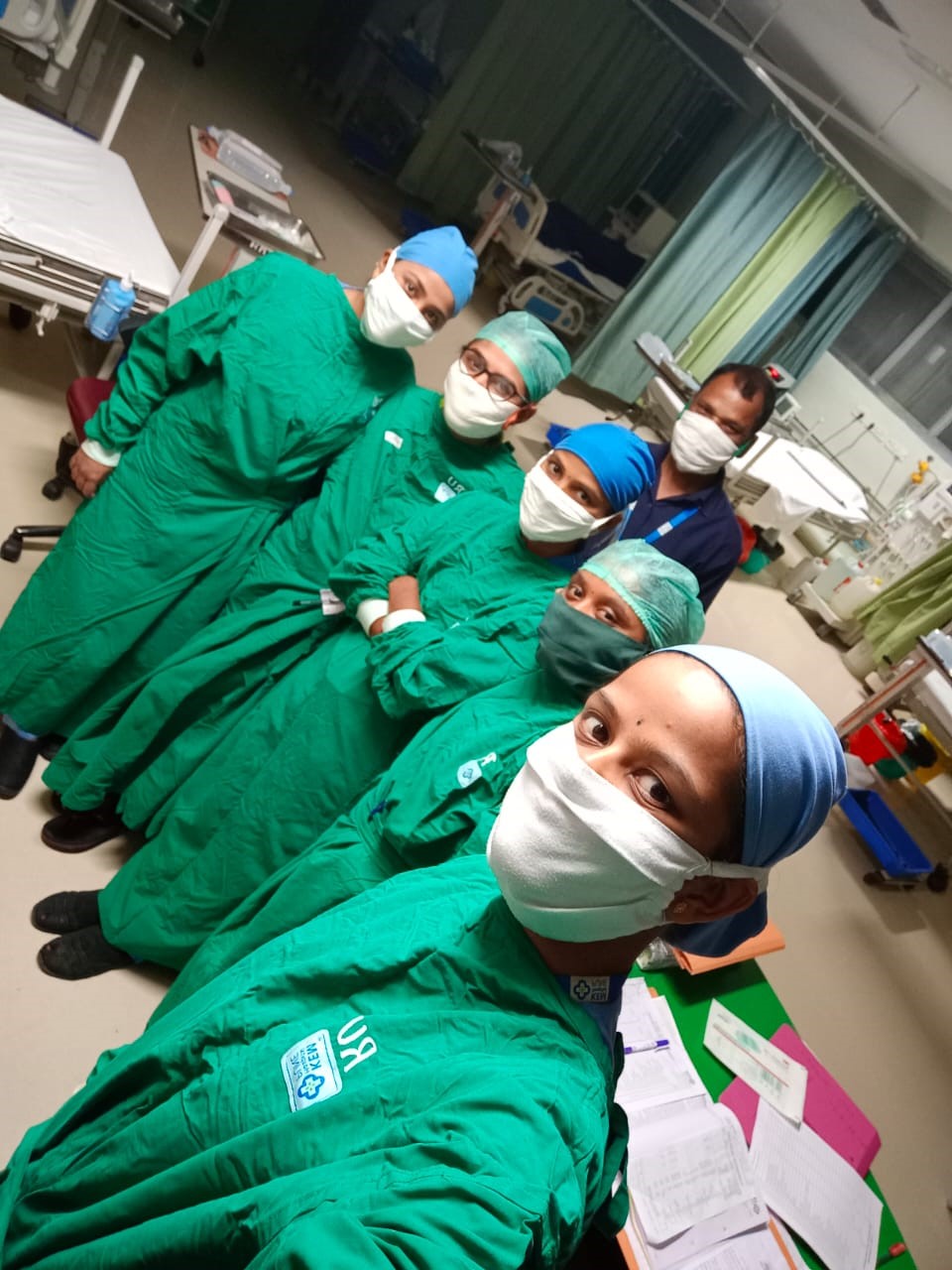
Meeting the Need
Yardi Vasti Vikas Prakalp (YVVP), Yardi’s dedicated corporate social responsibility project in Pune, India, supports NGOs and implements direct interventions in urban communities (vastis) of Pune city. As the global COVID-19 pandemic has impacted India severely, YVVP has pivoted to help. Normal field visits to the vastis halted when a lockdown to prevent COVID-19 spread […]
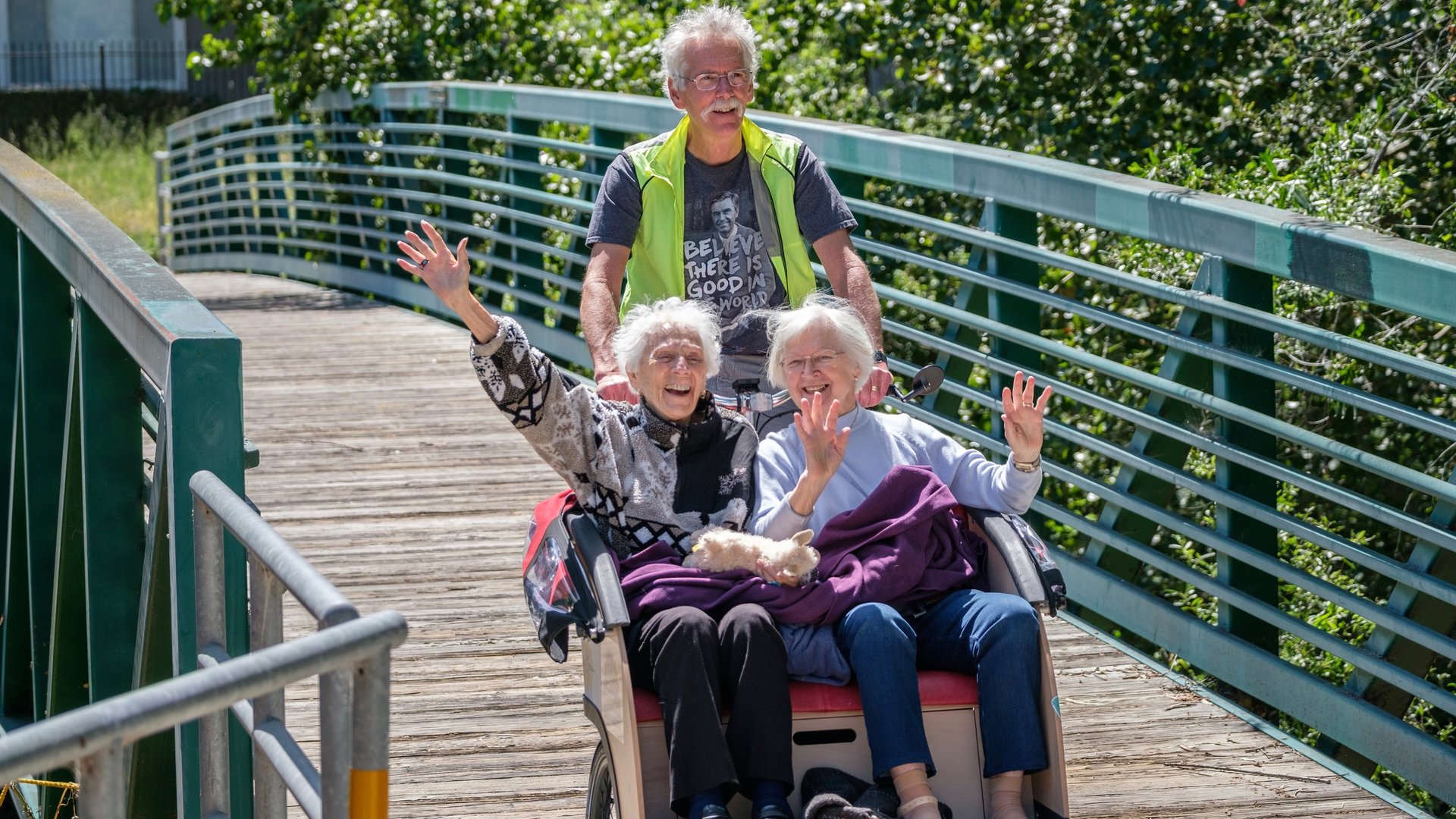
Cycling Without Age
No one would have been surprised if it had all gone downhill. As shelter-in-place and social distancing measures hit California, a nonprofit focused on social interaction and time outdoors for seniors was unlikely to emerge unscathed. But where there is a will, there is a way. John Seigel-Boettner found a way. Leaning in to change […]
06 / 10 / 20
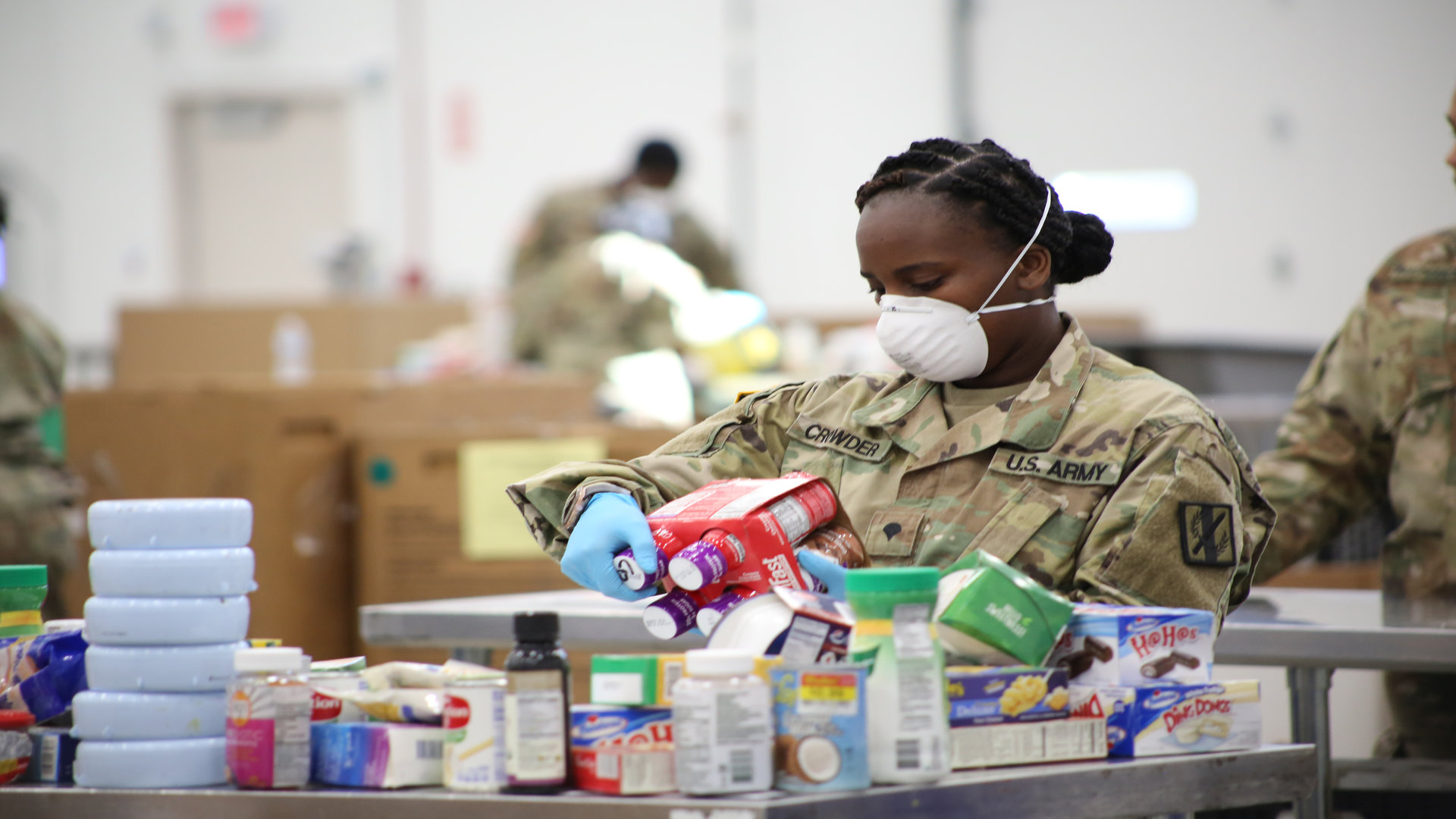
Stepping Up
(Part three of a three-part series highlighting the efforts of food banks during COVID-19. Read about food bank efforts in Santa Barbara and Raleigh.) Always a supporter of the communities in which its offices are located, during the last three months Yardi has committed funds for hunger relief services across North America. This week, the real […]
06 / 01 / 20
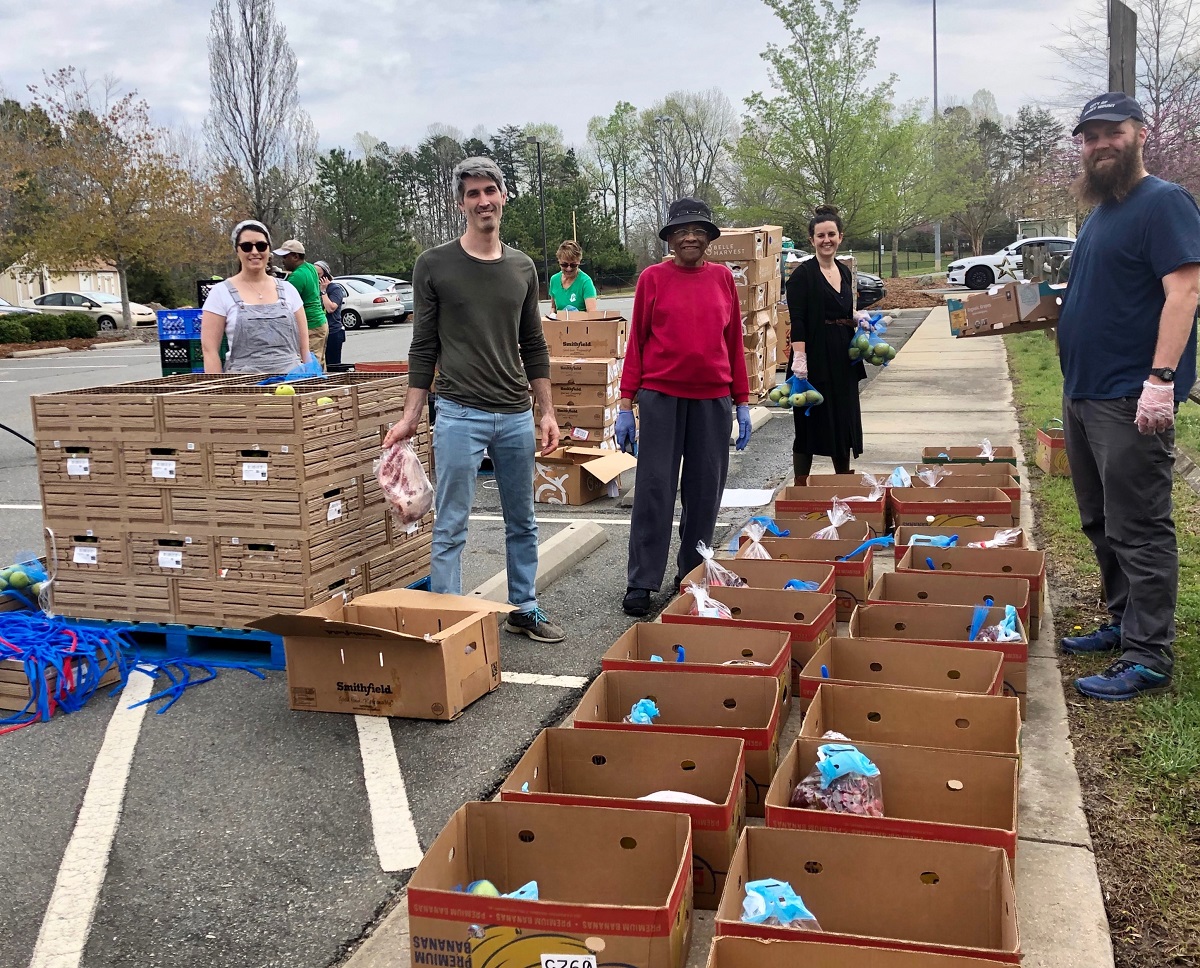
Responding to Need
(Part two of a three-part series. Read part one, on the Foodbank of Santa Barbara County.) Always a supporter of the communities in which its offices are located, during the last three months Yardi has committed funds for hunger relief services across North America. This week, the real estate software leader announced a second round of […]
05 / 15 / 20
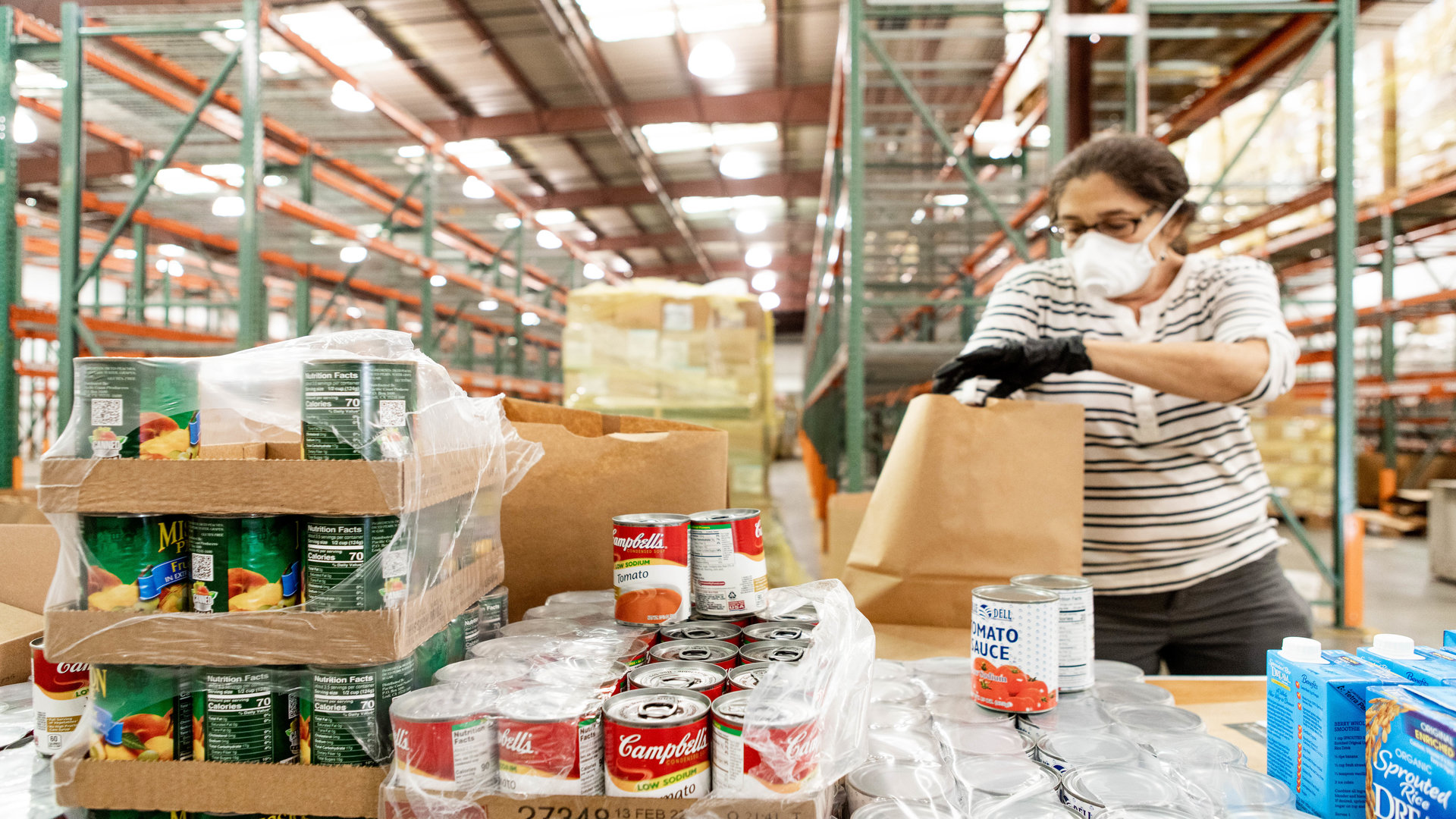
Continued Support
(Part one of a three-part series highlighting the efforts of food banks during COVID-19.) If there is a silver lining in any crisis, it could be that we have the chance to better prepare for the next emergency to come. In Yardi’s hometown of Santa Barbara, that has been the case for the Foodbank of […]
05 / 14 / 20
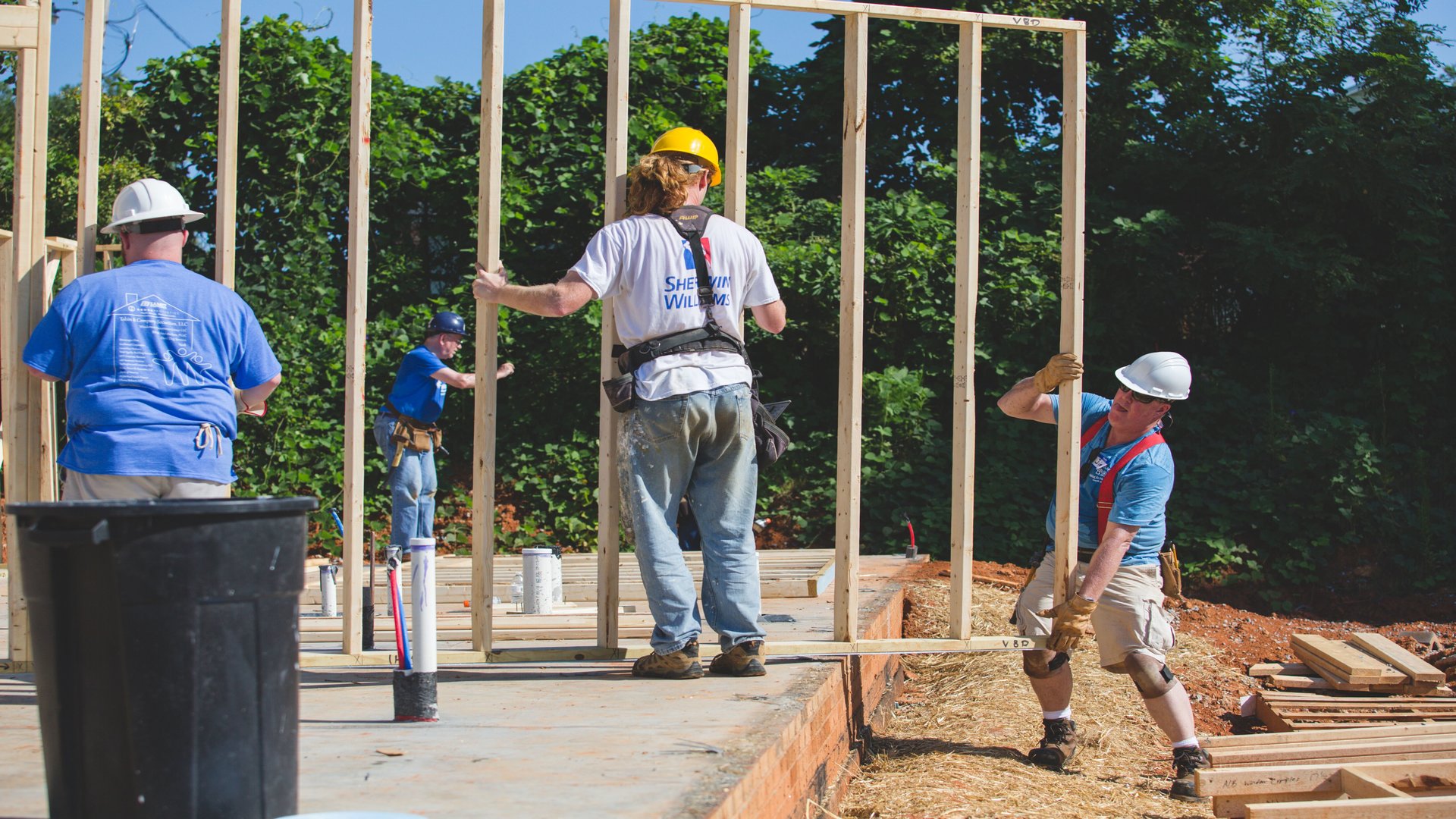
A Mission in Action
When a company’s mission statement is pulled from the page and implemented in daily life, it can transform the world. Grubb Properties’ vision statement encourages “working together to enhance life and community.” To fulfill that mission, Grubb Properties has teamed up with Habitat for Humanity. Together, they enhance life and community by building homes for […]
ENERGIZED FOR TOMORROW
We’re here to help
Do more with innovative Property Management Software and services for any size business, in every real estate market.
Sorry, this video is unavailable as it is not hosted by Yardi Systems.
